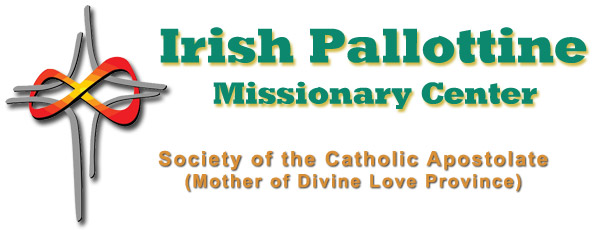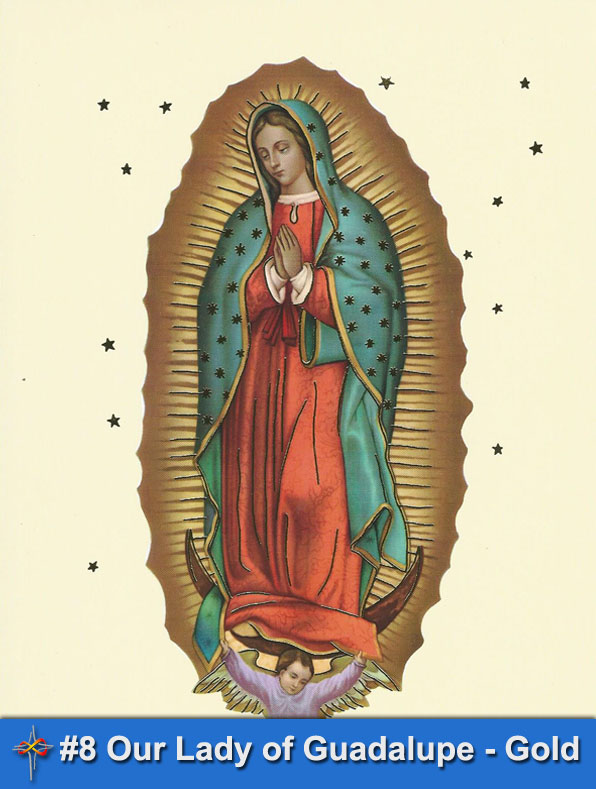
Irish Pallottines
424 Orange St.
Wyandotte, MI 48192
About Our Founder

St Vincent’s spirituality was especially marked by his deep desire to revive faith among Catholics and to re-enkindle charity among all persons as he worked with rich and poor alike. As a child he gave his own food and clothing away to those who he saw were in need. Throughout his life his constant concern was to relieve the sufferings of those around him. He died shortly after giving his coat to someone else who was cold.
He taught that every human being is a mirror of God, is made in the image and likeness of God, and as such is worthy of reverence and love. He also taught that the role of each Christian is to be a sacrament of Christ’s presence in the world. He was a warm friend and a compassionate spiritual director. He died on the 22nd of January 1850, at the centre of his new community, the Church of Santissimo Salvatore in Onda in Rome; which is now the spiritual centre of the Union of Catholic Apostolate.
Vincent Pallotti was beatified by Pope Pius XII on the 22nd January 1950, exactly 100 years after his entry into eternal life and he was canonized on the 20th January 1963 by Pope John XXIII, this was shortly after the opening of the Second Vatican Council, and Pope John referred to him as a “loving saint who displayed such remarkable love and (he) is one of the outstanding figures in the field of apostolic activity”.
Pope Pius XI referred to him as the precursor of Catholic Action because of his conviction that all persons are called to work in evangelization and in the building of the Church. Pope John XXIII died a few short months after canonizing St. Vincent (in June 1963) and Pope Paul VI paid tribute to St. Vincent by going to Frascati, where Fr. Vincent had celebrated his First Mass as a priest in May 1818, on September 1st 1963. In his homily that day Pope Paul spoke of Vincent as a pioneer in his zeal for the Gospel, he spoke of his holiness and of the ‘genius’ of his spiritual and social vision whereby lay persons are called by the Lord to be active in the work of the apostolate.
About the Society of the Catholic Apostolate (SAC)
The Society of the Catholic Apostolate is an international community of priests and brothers, founded by St. Vincent Pallotti (1795 – 1850). The community of priests and brothers is commonly known as the Pallottines, and of course this name comes from the family name of St. Vincent. The official name is the Latin Societas Apostolatus Catholici, or, Society of the Catholic Apostolate, and abbreviated to SAC. Mary, Queen of Apostles, is the Patroness of the Society.
The Society is part of the Union of Catholic Apostolate, founded in 1835. Currently the Society has about 2350 members, who live in more than 300 local communities in all continents and in more than 50 countries. The members, priests and brothers, bind themselves to the Society by the promises of chastity, poverty, obedience, perseverance, sharing of resources and spirit of service. The basic scriptural motto of the Society chosen by St. Vincent is from St. Paul’s Second Letter to the Corinthians, “the love of Christ urges us on” (2 Cor 5,14).
The aim of the Society is to revive the faith of the entire People of God, to re-enkindle their love and to spread these virtues throughout the world so that the desire of Jesus Christ “that there be one flock and one shepherd” (John 10, 16) may be realized. St. Vincent founded the UAC to increase collaboration among the faithful of the Church, that is, among the diocesan priests, the male and female religious and the laity, and to do all possible so that each person could fulfil more efficiently the apostolic tasks entrusted to the Church. We, the Pallottines, strive to realize this aim in concrete ways both as a Society and through the institution of the Union of Catholic Apostolate.
Since the members speak many languages it is not possible to communicate with everyone in his mother tongue. Therefore we use seven “official” languages: English, French, German, Italian, Polish, Portuguese and Spanish.
Please take a virtual tour of the Church of Santissimo Salvaore in Onda, where St. Vincent’s mortal remains are conserved in a glass casket under the altar.




